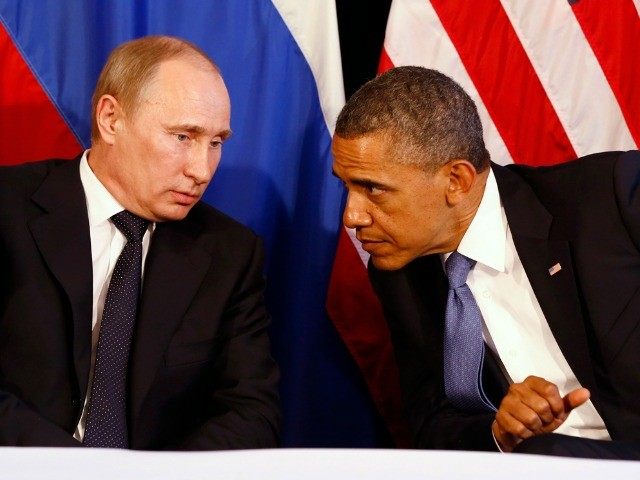As the popularity of the American people dwindles in Russia, Russian people have increasingly adopted the highly offensive nickname “Pindostan” for the United States (citizens are called “pindoses”). These names appear innocent enough, but the meanings run deep and are very offensive in Russia.
According to Urban Dictionary, a “pindos” is meant, “to offend US citizens or people with western way of thinking” or “think that democracy is good.” To give a better idea how bad the word is, related words include “skanky,” “slutty,” “dumb,” and “stupid.” It also means “a helpless creature that is a product of a very bad educational system, one who can survive in this world only with the help of various gadgets.” There is no confirmation of the etymology of the word, but one possibility remains the most popular among linguists. From The New York Observer:
The most popular explanation states that this word was invented by Russian peacekeepers in Serbia with the purpose of describing a NATO soldier, who was seen by them as a strange, clumsy figure with his 90 lbs. of bulletproof vest, weapons, radios, flashlights and so on.
From afar, he looked very strange to the Russian eye—like a penguin.
The growing use of the term comes at a time in which the fundamental rights of Russians appear more at risk than ever in the post-Soviet era. Russian President Vladimir Putin is an ex-KGB agent and has claimed the fall of the Soviet Union was the “greatest geopolitical disaster of the 20th century.” Russian independent media faced a major crackdown after Moscow annexed Crimea from Ukraine. Online editors “resigned,” but coworkers claim the Kremlin forced them out. Kommersant reporter Anastasia Karimova resigned because of censorship and said there is no acceptable work for journalists in Moscow. Russia Today anchor Liz Wahl resigned on air over censorship and the network’s backing of Russia’s actions in Ukraine.
The Russian government controls not only media outlets, but the education systems used in schools. Moscow purges textbooks because they are “unsuitable.” To the Kremlin, math books by Lyudmila Peterson were “unsuitable” because she used Western characters such as Snow White, which are “hardly designed to instill a sense of patriotism” in children. Publishing companies started to shut down due to their “unsuitable” material. Only one publishing company survived the purge: Enlightenment. This company traces back to the Soviet Union and is run by Putin’s childhood friend Arkady R. Rotenberg.
The growing hatred towards America also comes at a time in which Russia’s economy is struggling, and government officials are blaming the West. America and a cohort of European nations issued numerous sanctions against Russia because of Moscow’s aggression towards Ukraine, which hampered lucrative Arctic oil deals with top American energy companies. Russian Finance Minister Alexei Kudrin said “the Russian economy has entered a vicious downward spiral as Russia’s energy-centric economy continues to suffer from falling oil prices, Western economic sanctions, and a severely weakened ruble.” Putin blames the West for Russia’s problems. He claimed America targeted Russia as “payment for our independence, our sovereignty.” America views Russia as a strong opponent and will do anything to control Russia’s natural resources.
“Sometimes, I think, maybe they’ll let the bear eat berries and honey in the forest, maybe they will leave it in peace,” he said. “They will not. Because they will always try to put him on a chain, and as soon as they succeed in doing so they tear out his fangs and his claws [nuclear weapons].”
Amid this economic turmoil, Putin has taken to attacking American companies, in particular making denigrating remarks about Coca-Cola this month.
“I don’t know how harmful Coca-Cola is, but a lot of specialists say that it is, especially for children,” said Putin. “I don’t want to offend Coca-Cola, but we have our own national non-alcoholic beverages, and we shall help them to win our stores’ shelves,” referencing Russian soft drink Kvass.

COMMENTS
Please let us know if you're having issues with commenting.